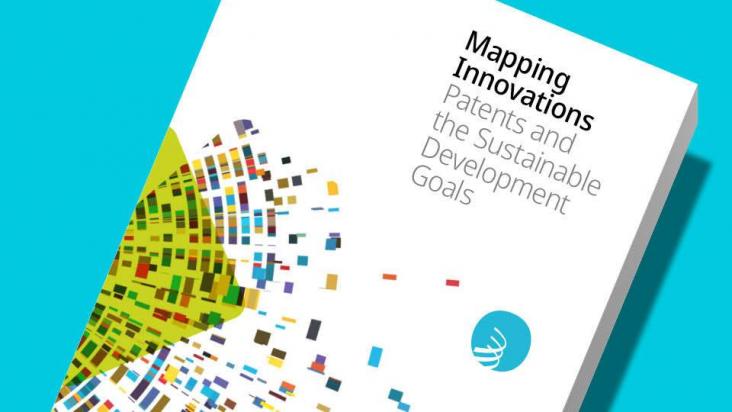
World Intellectual Property Day, observed each year on 26th April, is an opportunity to celebrate the contributions made by inventors and creators around the world and to explore how IP contributes to a flourishing of music and the arts and to the technological innovation that helps shape our world.
The theme for World IP Day 2024 is IP and the SDGs: Building our common future with innovation and creativity. To mark World IP Day 2024, Elsevier has curated a special collection of journal articles to explore the link between Intellectual Property, Intellectual Property Rights and the advancement of the SDGs. Explore articles and insights relating to areas such as collective intellectual property rights of Indigenous peoples and local communities and carbon emission reduction effects of renewable energy technological innovation in China. The Special Collection also features Mapping Innovations: Patents and the United National Sustainable Development Goals, a report by WIPO and LexisNexis, mapping global patents to the United Nations Sustainable Development Goals (SDGs).



